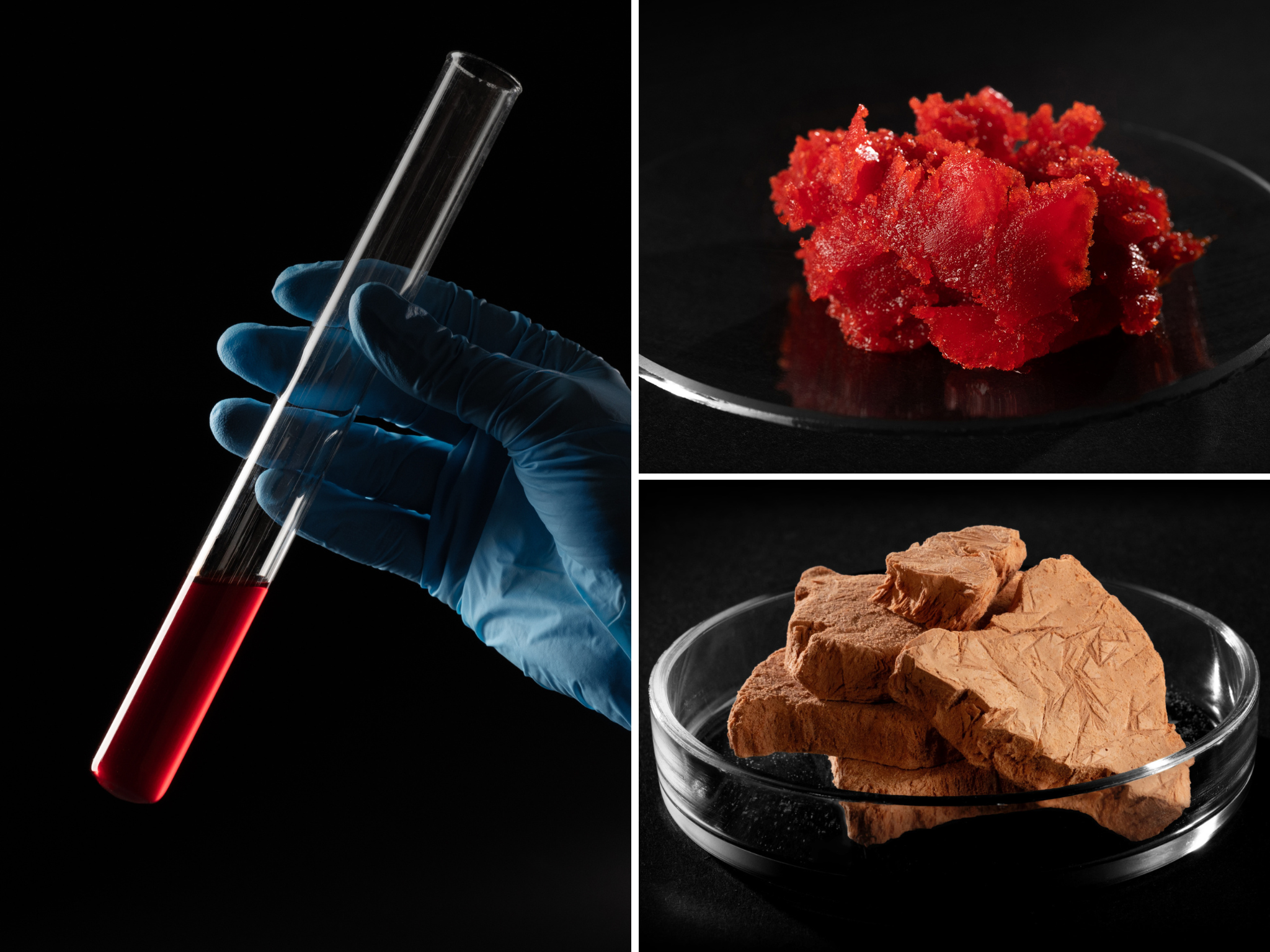Estonia’s Äio Secures €6.1M for Demo Facility to Turn Sawdust Into Palm Oil & Animal Fat Alternatives
5 Mins Read
Estonian startup Äio has closed a €6.1M ($6.8M) funding round to build a facility for its fermentation-derived alternatives to palm oil and animal fats.
Transforming agricultural and woodworking waste into oils to replace planet-harming fat, Äio has raised €6.1M ($6.8M) to scale up operations via a new demo facility.
Investors in the round included Voima Ventures, 2C Ventures, Nordic Foodtech VC, and the state- and EU-backed SmartCap Green Fund. It comes a year after the Estonian startup raised €1M to advance its fermentation technology.
Äio uses specialised yeast to turn byproducts from the wood and agricultural industries – like sugars extracted from sawdust – into food-grade fats and oils. The process is said to be significantly speedier with a much lighter impact on the planet.
“Providing sustainable alternatives to products such as palm oil or animal fats is a critically important step in reducing the environmental impact of the food and cosmetics industry,” said Hendrik Reimand, partner at 2C Ventures. “We are confident in the teams’ ability to turn this scientific development into commercial success.”
Fats for every use, made with waste ingredients
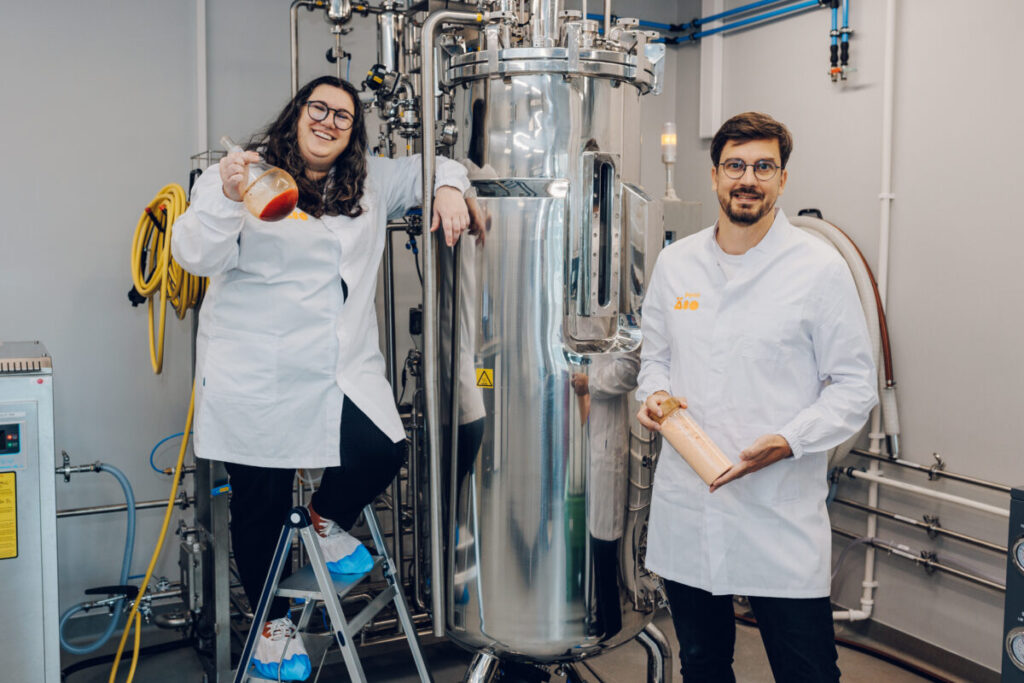
Äio emerged after spinning off from the Tallinn University of Technology, or TalTech, in 2022, built on research conducted by founders Nemailla Bonturi and Petri-Jaan Lahtvee. Using a ‘red yeast’ microbe created and patented by Bonturi, the startup ferments it with industrial byproducts in a process similar to brewing beer or making bread.
The resulting fats are rich in essential fatty acids and antioxidants, while being a boon for the environment. “Äio’s oils, produced from industrial residues, help reduce land use by up to 97% and water consumption by as much as 10 times compared to current palm oil and animal fat production.,” said Bonturi. “Additionally, the speed of oil and fat production through fermentation is 10 times faster.”
It has so far developed three fats. Encapsulated Oil can replace palm oil in the food industry; Buttery Fat is a substitute for animal fats, shortening and coconut oil; and RedOil can swap out fish oil and seed oils, and also be used in cosmetics and household products.
Palm oil is ubiquitous and problematic. Present in half of all supermarket items, across multiple categories, it alone accounts for 40% of global oil production. Manufacturers like it because it’s tasteless, odourless, and cheap – once processed – and can withstand high temperatures while functioning as a natural preservative.
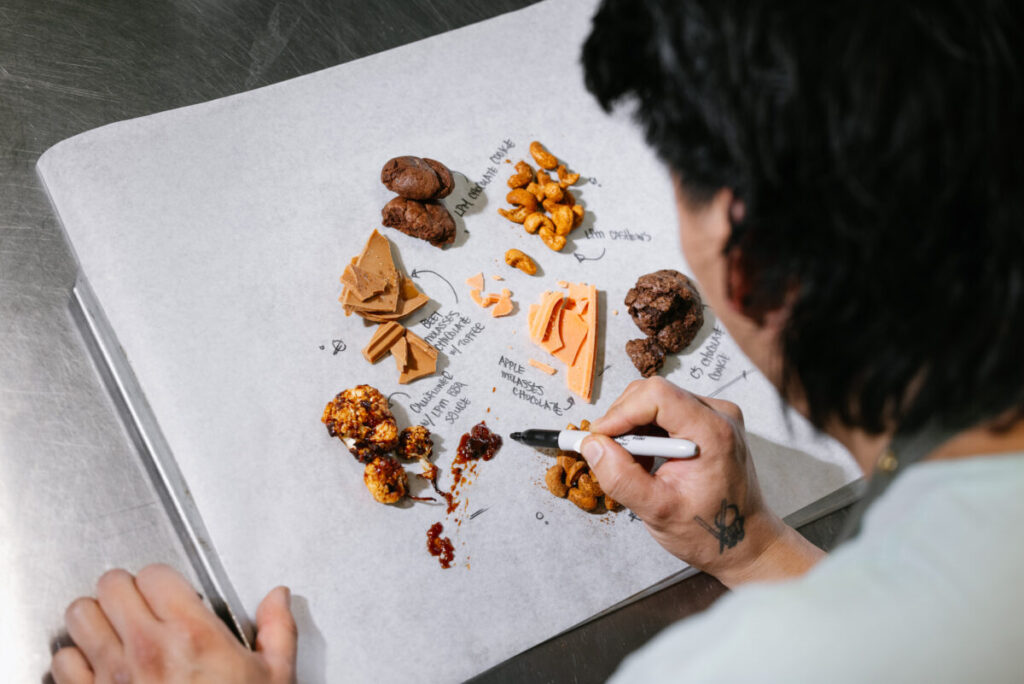
But it’s the major driver of tropical deforestation, which contributes to nearly a fifth of all global emissions. Most of the world’s palm trees, for example, are in Indonesia and Malaysia, where these plantations have been directly responsible for widespread wildfires in recent years. The industry is also a threat to wildlife and human rights, particularly Indigenous communities.
These complications are well-known, but that hasn’t stopped production from increasing tenfold since 1980 – and global demand is currently growing by 4% every year. This would mean more forests felled and burned, a form of mass deforestation that emits greenhouse gases while removing the trees that would sequester them.
“Äio’s approach addresses this issue by valorising agricultural and forestry sidestreams into premium replacements, meaning significant reductions in CO2 or land use,” said Voima Ventures partner Pontus Stråhlman.
Aïo aims for 2026 factory opening amid industry interest
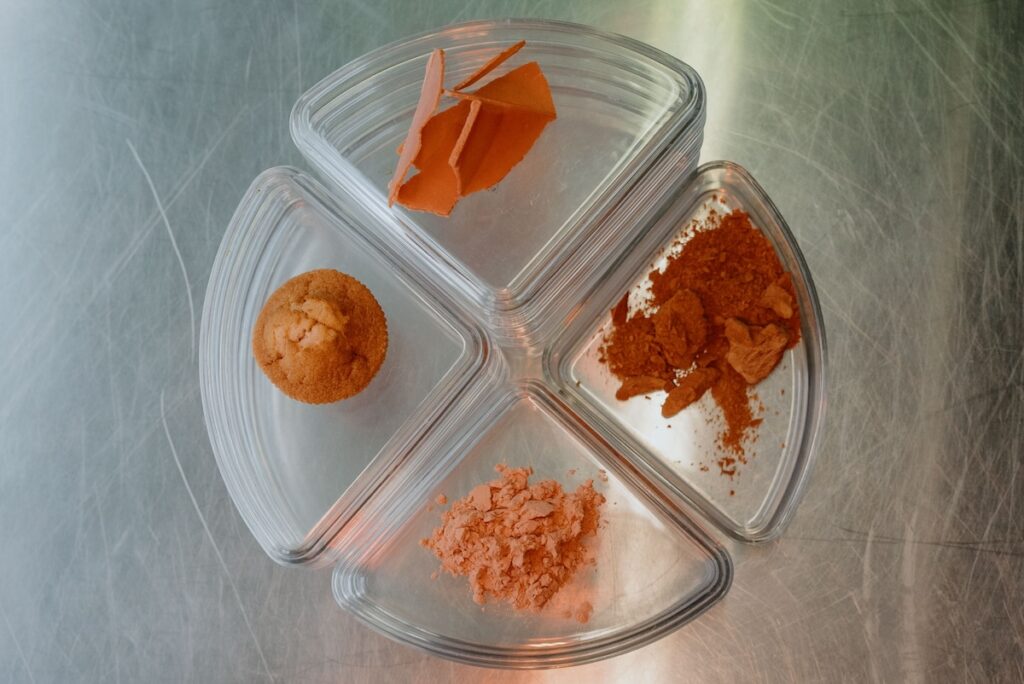
The latest round also comes a year after Äio received a €1.8M grant from the Estonian Business and Innovation Agency (EISA) to develop a platform for semi-automated strain technology, in collaboration with the Center of Food and Fermentation Technologies. EISA had previously pumped in €500,000 to help the startup valorise sidestreams.
The company is already working with fellow Estonian firm Fibernol to convert wood hydrolysates into the microbial oils. Over 120 trove local and international partners have been providing Äio with industrial byproducts or testing its oils and fats.
It has also attracted interest from major food, cosmetics and household CPG companies, which have signed on to develop products together. The upcoming demo facility will help meet this demand, allowing the startup to produce tens of tonnes of its products. The location hasn’t been finalised, but it’s expected to be completed by 2026.
Älo has a separate Good Fat Wörks innovation centre to develop its yeast-derived fats and create pilot products. In May, it held a public tasting featuring delicacies made from these products at the Latitude59 startup festival in Tallinn, working alongside Gelatex and Accelerate Estonia.
Plus, it has been selected for a Circular Bio-based Europe Joint Undertaking (CB-EJU) project worth €7.5M, in which it will develop fat-based materials and cosmetics with other European companies and research bodies.
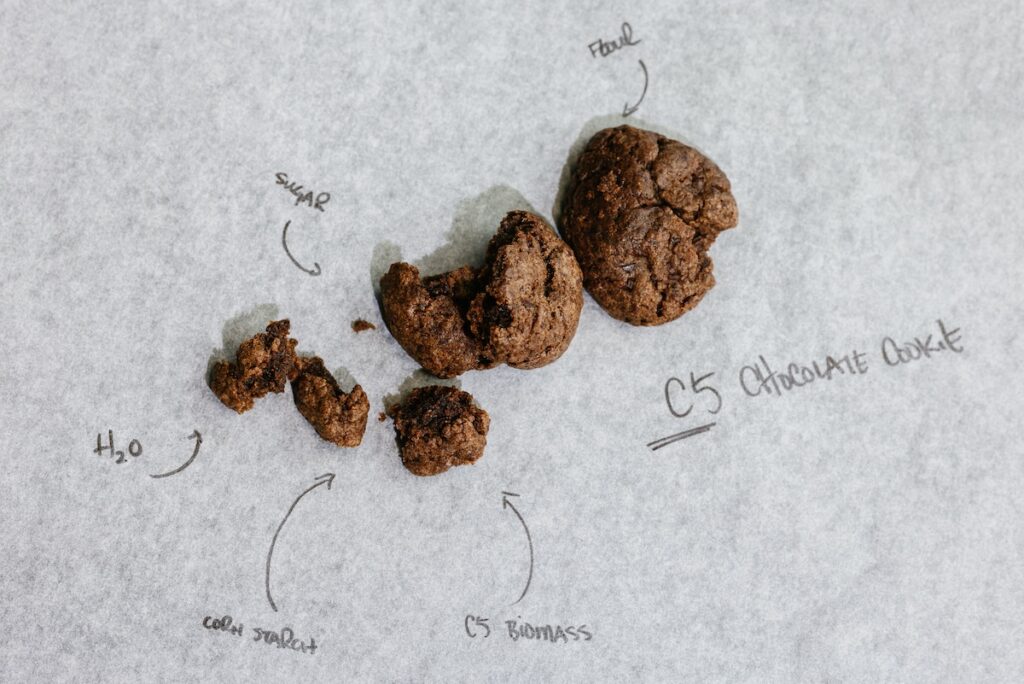
“For a scientist, the greatest achievement is when years of research result in a real product that can change the entire food industry and consumer experience,” said Bonturi. “We will continue to develop the company and its products in collaboration with partners, investors and the food industry. We will also continue working with TalTech to train the next generation of bioengineers.”
Äio is innovating in an alternative fat market that’s expected to grow by 6% annually to reach $4.5B by 2032, but one that faces plenty of challenges, including high costs and low volumes for products aiming to replace those with low costs and high volumes.
There are plenty of startups specifically using fermentation to overcome this bottleneck for palm oil substitutes, including British firms PALM-ALT and Clean Food Group, New York-based C16 Biosciences, Dutch startups Time-Travelling Milkman and NoPalm Ingredients, and Bay Area company Kiverdi, among others.

